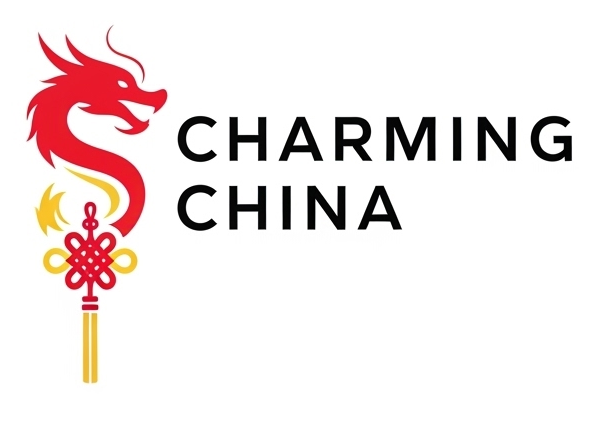What Your Skin Is Telling You: TCM Body Type Behind Acne
Acne isn't just a teenage problem or the result of oily food. In Traditional Chinese Medicine (TCM), your breakouts are often a reflection of an internal imbalance — especially your body constitution. While Western dermatology often focuses on topical treatment, TCM looks inward: at the organs, energy flow (Qi), and patterns of heat, dampness, and stagnation.
Why Do Some People Break Out More Than Others?
In TCM, your body type influences everything from digestion to emotions — and yes, even your skin.
Some body constitutions are more prone to acne due to internal “excess heat”, dampness, or Qi stagnation. These imbalances can cause inflammation, oily buildup, and toxins that manifest as pimples, cysts, and blackheads.
Common TCM Body Types That Contribute to Acne
1. Yang Excess (Excess Heat Constitution)
- Key symptoms: Red, inflamed pimples; oily skin; constipation; thirst; dry mouth
- TCM interpretation: Internal heat rises and surfaces on the skin. This constitution often reacts strongly to spicy food and stress.
- Typical triggers: Late nights, fried food, anger or frustration
2. Damp-Heat Constitution
- Key symptoms: Cystic acne; sticky stools; bloating; greasy skin
- TCM interpretation: A mix of dampness (fluid retention/toxins) and heat leads to pus-filled breakouts and swelling.
- Typical triggers: Dairy, alcohol, sugar, and a sedentary lifestyle
3. Qi Stagnation Constitution
- Key symptoms: Stress-induced breakouts (especially around jaw/chin); mood swings; chest tightness
- TCM interpretation: Emotional stress blocks Qi flow, causing hormonal imbalances and acne flare-ups.
- Typical triggers: Long-term emotional suppression or overthinking
4. Blood Stasis Constitution
- Key symptoms: Dark acne scars; dull complexion; fixed, painful breakouts
- TCM interpretation: Poor circulation causes toxins and blood to stagnate, leading to long-lasting acne and discoloration.
What Can You Do? Treatment Based on TCM Constitution
Knowing your body constitution is step one. Treatment in TCM is personalized — instead of just suppressing acne, the goal is to balance your body from within.
| Body Type | Recommended Teas | Avoid These Foods |
|---|---|---|
| Yang Excess | Chrysanthemum, Mint | Spicy, fried food |
| Damp-Heat | Barley tea, Bitter melon tea | Dairy, greasy/sugary food |
| Qi Stagnation | Rosebud tea, Lavender | Alcohol, caffeine |
| Blood Stasis | Angelica tea, Safflower | Cold/raw food |
You may also consider herbal formulas like Long Dan Xie Gan Tang (Gentiana Drain the Liver Decoction) for damp-heat acne — but always consult a TCM practitioner first.
Modern Research Supports TCM Views
While rooted in tradition, TCM’s internal approach to acne is gaining scientific attention. A 2021 study published in Integrative Medicine Research found that patients treated with TCM herbal formulas based on constitution had lower recurrence rates of acne compared to conventional treatment alone.
Take the TCM Body Type Quiz
Want to know your TCM body type?
Take our free Body Constitution Test to discover the root cause of your acne and receive personalized recommendations.
Frequently Asked Questions (FAQ)
Is TCM effective for hormonal acne?
Yes — especially for cases related to Qi stagnation and liver imbalances. TCM doesn’t target “hormones” directly but focuses on regulating the Liver and Spleen which govern hormone flow in TCM theory.
Can tea really help clear acne?
Tea works by supporting detoxification and organ balance, not just drying your skin. Teas like chrysanthemum or dandelion target internal heat and help reduce inflammation naturally.
Is acne always a sign of excess heat?
Not always. Acne from dampness or blood stasis is common too — especially when breakouts are deep, cystic, or leave scars.
Final Thoughts
Acne isn’t just skin-deep. In TCM, it’s your body sending you a signal: something inside is out of balance. By understanding your TCM body constitution, you gain a roadmap to treat the root cause — not just the symptom. If you’re tired of trying topical solutions that don’t last, maybe it’s time to listen to your skin — the TCM way.
